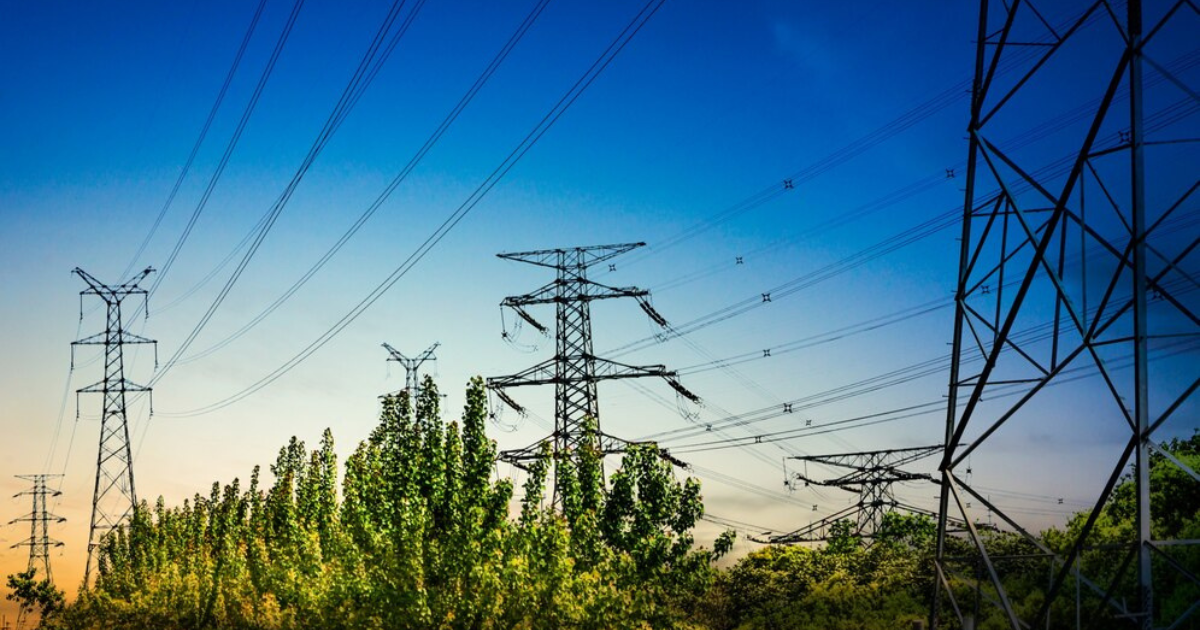Table of Contents
A Critical Power Cut in Bangladesh’s Energy Supply
Bangladesh is having a tough time because Adani Power, a strikingly large power company from India, cut down the electricity it sends by more than 60%; this happened because of a disagreement about money that no one has fixed yet. Bangladesh really depends on getting power from other places to keep up with how much it needs, a is a major issue for them. Now, because Adani Power, which is vitally important for providing electricity to Bangladesh, has a payment dispute ongoing, Bangladesh might have to contemplate carefully regarding where else to obtain its power, as they are experiencing energy shortages.
This decision highlights the challenges that arise in international energy agreements, especially when financial disputes threaten stability in power-dependent nations.
The Background: A Cross-Border Power Partnership
Bangladesh was in major need of more power, so Adani Power decided to help; they made a deal to send a substantial amount of electric power from their Godda power plant in Jharkhand, India, right to Bangladesh. The entire setup with Adani Power providing electricity to Bangladesh because of a deal has been going on for a long time and was a pretty major issue when it first happened; the plant they built was primarily intended on getting power to Bangladesh to help them out.
Adani Power made a deal to send a substantial amount of electricity every month to Bangladesh, and Bangladesh agreed to pay a set price for it. The power is very important because Bangladesh is getting more modern—and making more factories, so they need more energy—but dealing with an agreement hasn’t been easy. There have been quite a few disagreements over money between the two sides.
The Dispute: What Led to the Reduction?
Bangladesh is supposed to pay Adani Power for the electricity they’re getting–but there’s been trouble because the costs for energy keep changing. Now, the amount of electricity Adani Power is giving to Bangladesh has gone down because they can’t agree on how much Bangladesh should pay; due to arguments regarding prices and changing the cost based on tariffs. The entire mess started because Bangladesh hasn’t paid Adani Power on time, and they do not agree on how the payment structure should look.
Adani Power said it can’t keep up with the old levels of supply if it doesn’t get paid, so now they’re cutting down on the power they send to Bangladesh. Because they’re not getting as much electricity, Bangladesh is experiencing pressure on its energy system, which really counted on Adani for its power needs.
Impact on Bangladesh: A Strain on the Power Grid
The government in Bangladesh is scrambling to find solutions because Adani Power cut its electricity supply by over 60%, putting a strain on the country’s power system; they arethinking about both boosting domestic production and seeking additional electricity from abroad to fill the gap. However, these measures come with challenges, such as higher costs and a lack of capacity to either generate or procure the required additional power.
Recently, Bangladesh has been trying to depend less on other countries for energy–but it still needs to buy a lot of its electricity from outside. When Adani unexpectedly reduced the amount of electricity it was providing, it created many problems. This partially caused more blackouts in different places and made it hard for businesses that need constant electricity to keep running smoothly.
This problem really shows why Bangladesh needs to find different ways to get energy so it doesn’t face these kinds of problems again in the future.
Adani Power’s Position: Ensuring Business Sustainability
Adani Power is not able to continue paying for the electricity alone, especially when prices in the energy market keep changing. To safeguard its financial situation, cutting supply is something the company has to do. Adani Power spent a lot of money on making roads, bridges, and buildings and running its business so it could keep its promise to Bangladesh.
But, if Bangladesh doesn’t pay up on time, Adani Power’s financial health becomes shaky, affecting its other projects and investments too.
Power companies working together across borders run into some very big problems. It’s not only just about the chance to become larger and make more money; there are risks involved with financial matters, rules, and politics; a conflict shows the hard problems these companies hit when they make deals with each other.
Broader Implications: Lessons for Future Agreements
The deal between Adani Power and Bangladesh shows us we must plan for the future when it comes to future energy deals, especially when two countries are making deals; the main lesson it gives us? We truly want pricing setups that can change when costs go up or in the energy world. If prices are stuck and can’t move, conflicts can start because one side might think the deal’s not fair anymore based on what’s going on today in the market.
Also, it really shows that countries that rely on buying their power from others must have backup plans, because the entire energy industry is becoming increasingly unstable worldwide; to not become seriously ruined by problems like this, these places should diversify their sources of energy.
This case really shows us how important it is to speak things through with your partners as soon as possible. If you bring up any issues with payment or how much items cost immediately, you can stop major problems, such as not getting supplies, from happening.
Conclusion: A Moment of Reflection for Both Parties
The fact that Adani Power has cut down on how much electricity it’s sending to Bangladesh really shows the tough parts regarding countries working together for energy. Because Bangladesh is getting less power now, it’s clearly a warning for them to think about their plan for energy and maybe speed up putting money into other kinds of energy sources, such as solar or wind. Adani Power had to do this because they need to solve their financial issues–but it also makes them, the reader is encouraged to contemplate, how to deal with agreements better in the future to avoid a problem.
As the two parties work toward a resolution, this event offers valuable insights for both energy producers and importing nations on the complexities and risks involved in international energy trade.



